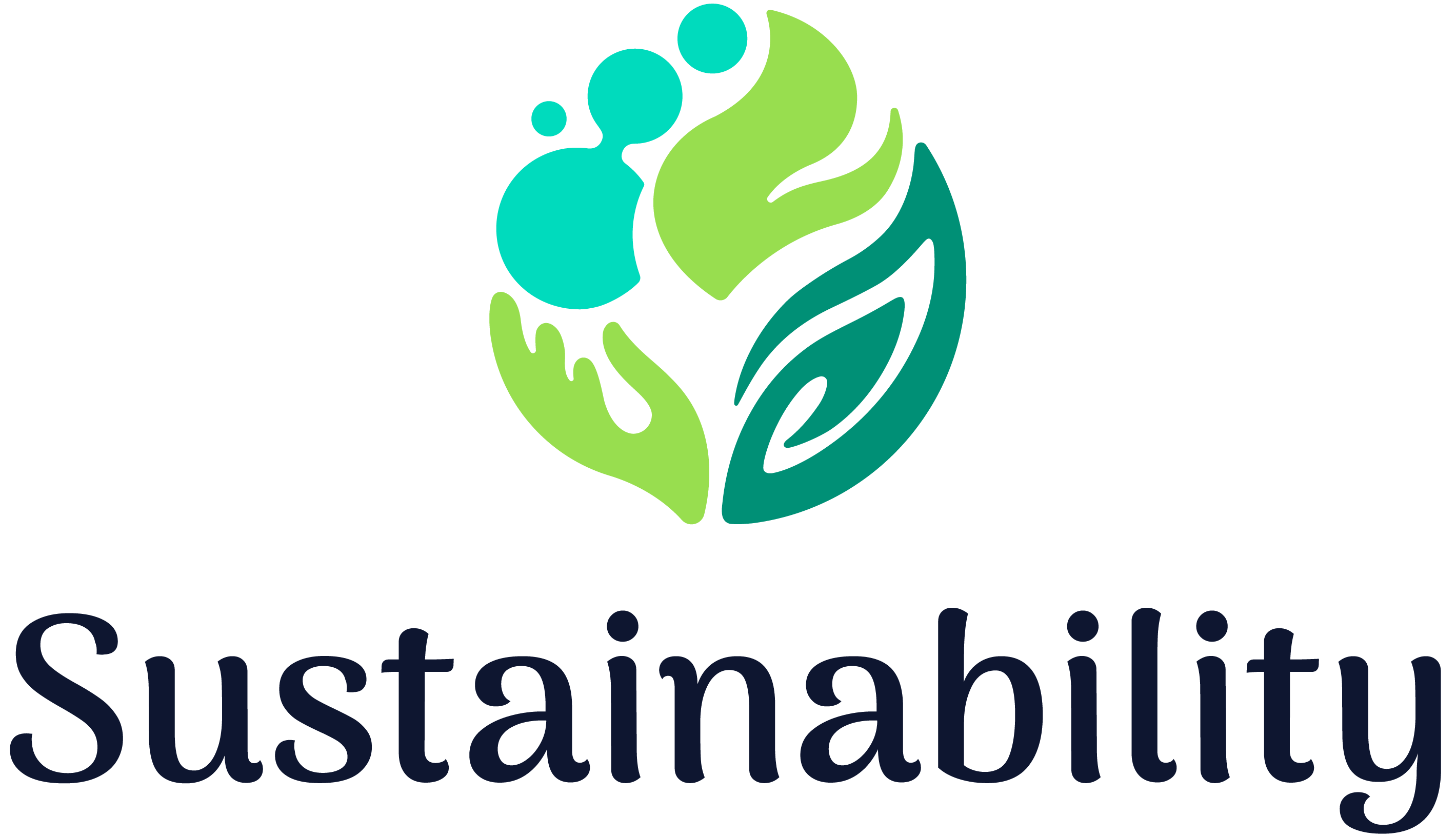
Unlocking the Potential of Used Cooking Oil: Indonesia's Path to Sustainable Aviation Fuel
17/11/2024 08.00.00 | Press ReleaseBaku, 16 November 2024 – At the Indonesia Pavilion during COP29 in Baku, PT Pertamina (Persero) hosted a talk show titled “Enhancing Ambition in Renewable Energy in Indonesia: Focusing on Used Cooking Oil (UCO) and its Potential for Sustainable Aviation Fuel (SAF)”. The session, which was moderated by A.A.A. Indira Pratyaksa, Vice President Sustainability Program, Rating & Engagement, brought together key industry leaders to discuss Indonesia's strategies to reduce aviation emissions and support its broader energy transition goals.
Emma Fenton, Senior Director of Climate Diplomacy at Opportunity Green, kicked off the discussion by stressing the urgency for the aviation sector to reduce its carbon footprint. Emma pointed out that aviation currently accounts for 3% of global CO2 emissions, a figure that could increase to 22% by 2050 if not addressed. Emma also emphasized that the key to decarbonization lies in Sustainable Aviation Fuels (SAF), particularly feedstocks like Used Cooking Oil (UCO) and green hydrogen, which hold the greatest promise for transforming the industry.
Following up on Emma’s points, Nizhar Marizi, Director of Energy at Indonesia’s Ministry of National Development Planning (Bappenas), discussed Indonesia’s plans to increase UCO utilization in SAF production, aligning with national climate and energy goals. He acknowledged, however, that challenges such as competition from exports and limited domestic feedstock could hinder progress. Addressing these barriers, he highlighted the importance of improving collection systems, processing infrastructure, and regulatory frameworks—steps that resonate with Emma’s earlier call for a robust approach to decarbonization.
Expanding on these challenges, Oki Muraza, Senior Vice President of Technology Innovation at PT Pertamina (Persero), further emphasized the challenges and opportunities related to UCO in Indonesia. Despite the country’s annual UCO collection capacity of 3.18 million kiloliters, most remains uncollected or diverted to other uses. Oki underscored the need for strengthened supply chains and quality standards, introducing Hydroprocessed Esters and Fatty Acids (HEFA) technology as a promising method to convert UCO into SAF. His points echoed Nizhar’s emphasis on infrastructure while reinforcing the technological dimension of the solution.
Riva Siahaan, CEO of Pertamina Patra Niaga, then shared the company’s commitment in building an end-to-end UCO-to-SAF supply chain. Leveraging the company’s vast infrastructure, he described efforts to improve UCO collection, ensure compliance with international standards, and establish global partnerships. He noted a significant milestone: the certified delivery of UCO-based SAF to Bali Airport, which exemplifies Indonesia’s progress in aviation decarbonization and ties back to the broader themes of innovation and collaboration raised throughout the session.
Despite challenges in UCO collection infrastructure and regulations, Indonesia still has a huge potential for a more effective SAF production. By improving collection methods, policies, and technology, the country can make significant progress, meeting climate goals and creating economic opportunities. SAF presents a promising solution for reducing emissions and advancing Indonesia’s energy transition.
Emma Fenton, Senior Director of Climate Diplomacy at Opportunity Green, kicked off the discussion by stressing the urgency for the aviation sector to reduce its carbon footprint. Emma pointed out that aviation currently accounts for 3% of global CO2 emissions, a figure that could increase to 22% by 2050 if not addressed. Emma also emphasized that the key to decarbonization lies in Sustainable Aviation Fuels (SAF), particularly feedstocks like Used Cooking Oil (UCO) and green hydrogen, which hold the greatest promise for transforming the industry.
Following up on Emma’s points, Nizhar Marizi, Director of Energy at Indonesia’s Ministry of National Development Planning (Bappenas), discussed Indonesia’s plans to increase UCO utilization in SAF production, aligning with national climate and energy goals. He acknowledged, however, that challenges such as competition from exports and limited domestic feedstock could hinder progress. Addressing these barriers, he highlighted the importance of improving collection systems, processing infrastructure, and regulatory frameworks—steps that resonate with Emma’s earlier call for a robust approach to decarbonization.
Expanding on these challenges, Oki Muraza, Senior Vice President of Technology Innovation at PT Pertamina (Persero), further emphasized the challenges and opportunities related to UCO in Indonesia. Despite the country’s annual UCO collection capacity of 3.18 million kiloliters, most remains uncollected or diverted to other uses. Oki underscored the need for strengthened supply chains and quality standards, introducing Hydroprocessed Esters and Fatty Acids (HEFA) technology as a promising method to convert UCO into SAF. His points echoed Nizhar’s emphasis on infrastructure while reinforcing the technological dimension of the solution.
Riva Siahaan, CEO of Pertamina Patra Niaga, then shared the company’s commitment in building an end-to-end UCO-to-SAF supply chain. Leveraging the company’s vast infrastructure, he described efforts to improve UCO collection, ensure compliance with international standards, and establish global partnerships. He noted a significant milestone: the certified delivery of UCO-based SAF to Bali Airport, which exemplifies Indonesia’s progress in aviation decarbonization and ties back to the broader themes of innovation and collaboration raised throughout the session.
Despite challenges in UCO collection infrastructure and regulations, Indonesia still has a huge potential for a more effective SAF production. By improving collection methods, policies, and technology, the country can make significant progress, meeting climate goals and creating economic opportunities. SAF presents a promising solution for reducing emissions and advancing Indonesia’s energy transition.





